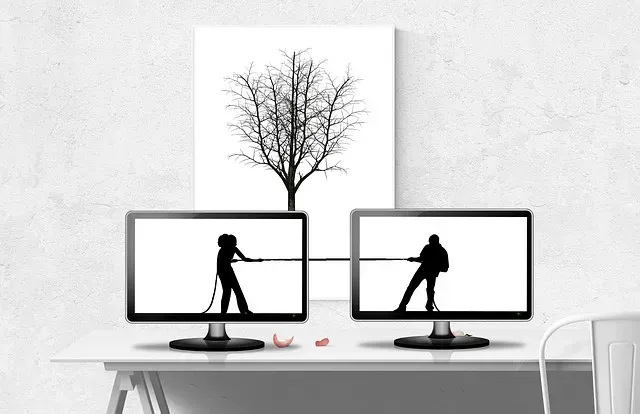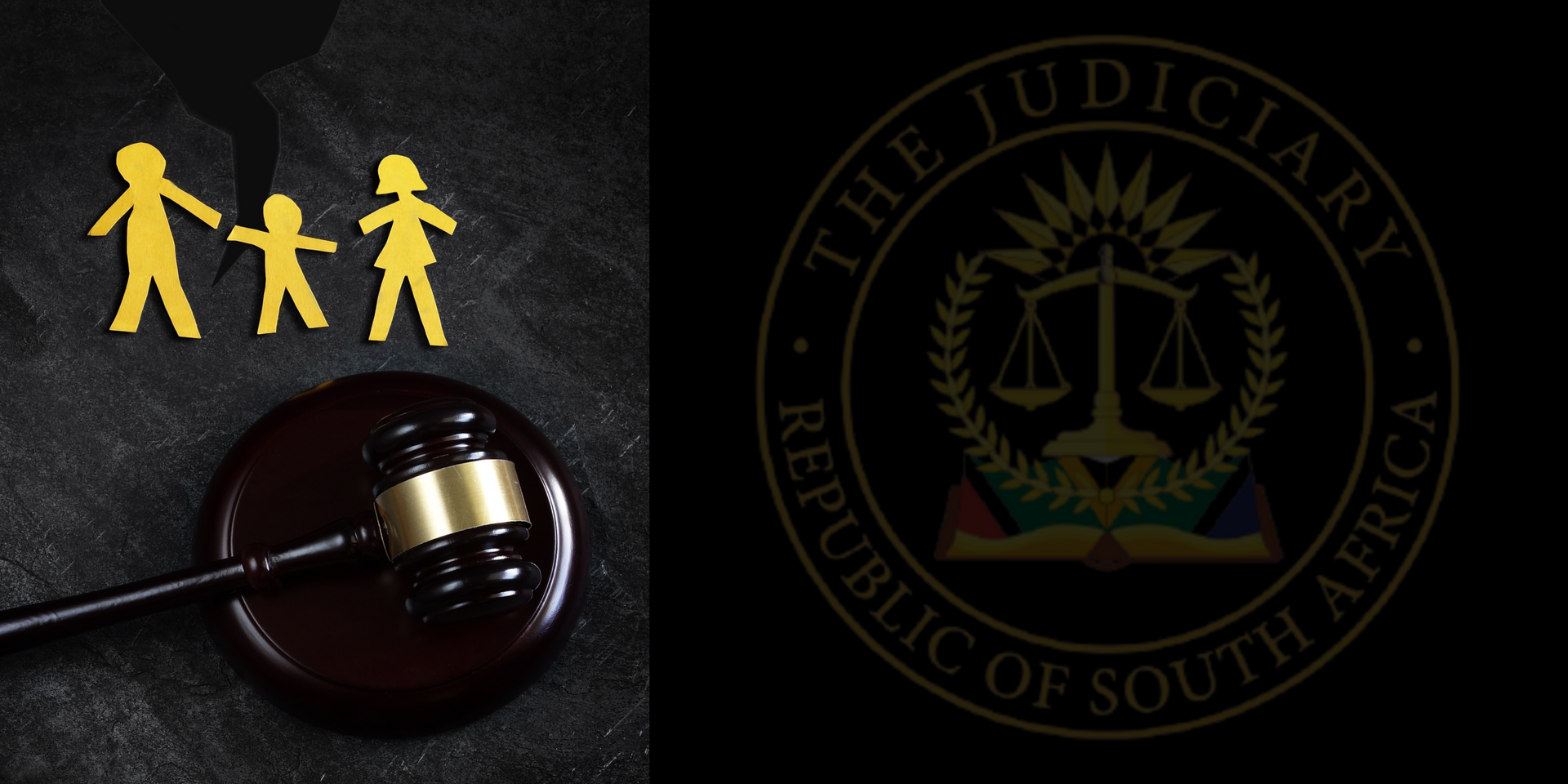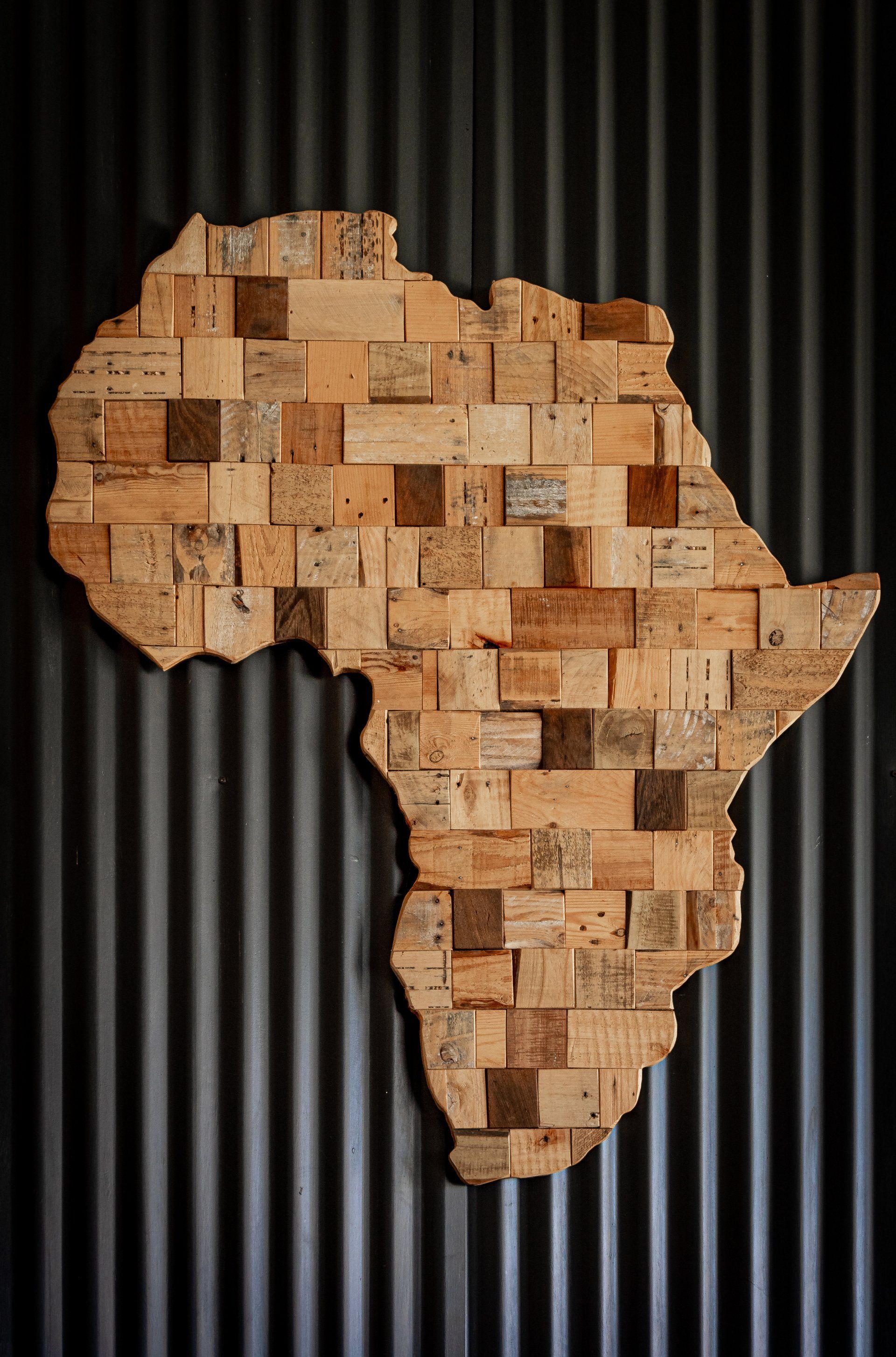Understanding Legal Rights for Women in Divorce
Understanding Legal Rights for Women in Divorce:

In South Africa, a woman files for divorce approximately every 45 minutes, yet many remain unaware of their full legal rights during this critical transition. The evolution of South African divorce law from a fault-based system to a more equitable framework has significantly strengthened women's positions in divorce proceedings, particularly regarding property rights and maintenance claims.
While divorce rates continue to rise, the legal system has developed robust protections for women's interests, encompassing everything from property division to child custody arrangements. Understanding these rights is crucial for women navigating the complexities of divorce proceedings and ensuring fair outcomes.
Understanding Grounds for Divorce
South African divorce law operates on a no-fault basis, with 'irretrievable breakdown' serving as the primary grounds for marriage dissolution. Under the Divorce Act 70 of 1979, spouses seeking divorce need not prove wrongdoing by either party. The court considers a marriage irretrievably broken down when there is no reasonable prospect of restoring the marital relationship.
Unlike jurisdictions that require proof of misconduct, South African courts do not recognize traditional fault-based grounds such as adultery, desertion, or cruelty as independent reasons for granting a divorce. This approach simplifies the divorce process and reduces unnecessary conflict between parties. The focus remains on resolving practical matters such as asset division, maintenance obligations, and child custody arrangements rather than establishing blame.
For detailed legal guidance on divorce proceedings, visit Pauw Attorneys.
Property Division During Divorce
Property division in South African divorce proceedings follows the principle of equitable distribution, ensuring fair allocation of marital assets and liabilities. The courts meticulously evaluate several key factors when determining asset distribution, including the length of the marriage, each spouse's financial and non-financial contributions, and their respective financial requirements post-divorce.
For marriages in community of property, the joint estate is automatically divided equally between spouses, with each party entitled to 50% of assets and responsible for 50% of liabilities. However, marriages out of community of property with accrual operate differently, with the court calculating the growth of each estate during the marriage to determine fair distribution.
The court may also consider exceptional circumstances, such as one spouse's contribution to the other's professional growth or significant sacrifices made for the family's benefit, when finalizing property division orders.
Child Custody and Maintenance
The Children's Act 38 of 2005 establishes the legal framework for child custody arrangements in South Africa, placing paramount importance on the 'best interest of the child' principle. Courts recognize various custody arrangements, including sole custody, where one parent assumes primary responsibility; joint custody, allowing both parents to share decision-making authority; and shared custody, involving equal physical care time.
When determining custody arrangements, courts evaluate multiple factors: the quality of parent-child relationships, each parent's capacity to provide care, and the child's preferences when age-appropriate. The court also considers practical elements such as geographical proximity between parents, educational stability, and the child's emotional and developmental needs.
For comprehensive guidance on custody matters, consult our Child Custody Guide at Pauw Attorneys.
Spousal Maintenance
Spousal maintenance in South Africa is determined based on the financial needs of the requesting spouse and the other spouse's ability to provide support. The Maintenance of Surviving Spouses Act 27 of 1990 establishes two distinct forms of maintenance: temporary (pendente lite) and permanent maintenance.
Temporary maintenance provides financial support during divorce proceedings, ensuring immediate stability. Permanent maintenance, awarded post-divorce, considers factors such as marriage duration, established living standards, and each party's earning capacity. The court evaluates each spouse's income, assets, and financial obligations when determining the maintenance amount.
Maintenance orders can be modified if circumstances change significantly. Recipients may seek enforcement through maintenance courts if payments are defaulted. For detailed guidance on maintenance claims and calculations, visit Pauw Attorneys Spousal Support Resources.
Navigating Divorce Procedures
The divorce process in South Africa begins with filing an application in the appropriate court, followed by potential mediation or service of summons. In uncontested divorces, where spouses agree on all terms, proceedings move swiftly through documentation review and final judgment. Contested divorces, involving disputes over assets, maintenance, or custody, require extensive negotiation and court appearances.
When a spouse fails to respond to divorce proceedings, the court may grant a default judgment. This process requires proper service of summons and documentation proving non-response. Essential preparation includes gathering financial records, marriage certificates, and relevant correspondence.
For step-by-step guidance through divorce procedures, visit Pauw Attorneys Divorce Procedure Guide.
Legal Representation and Resources
Professional legal representation is crucial for protecting individual rights during divorce proceedings. A qualified divorce attorney provides essential guidance through complex legal procedures, ensures fair asset division, and advocates for optimal custody arrangements. Legal counsel becomes particularly vital when negotiating maintenance agreements or challenging unfair settlement proposals.
Comprehensive resources available through Pauw Attorneys include detailed guides on property rights, maintenance calculations, and custody arrangements. These resources help individuals understand their legal position and make informed decisions. The firm's website offers specialized sections for women seeking information about their specific rights during divorce, including protection orders and financial entitlements.
For personalized legal assistance, contact Pauw Attorneys at www.pauwattorneys.co.za/divorce-consultation or access their digital resource library for self-guided research on divorce-related matters.
Empowerment Through Knowledge
Legal knowledge serves as a critical tool for individuals navigating divorce proceedings in South Africa. Understanding your rights, obligations, and legal options enables informed decision-making throughout the process. While DIY divorces may be viable for uncontested cases where spouses agree on all terms, they primarily suit situations without complex asset division or custody disputes.
To build legal confidence, consider these strategic approaches:
- Consult reputable legal resources and guides
- Attend legal workshops focused on divorce rights
- Schedule initial consultations with divorce attorneys
- Document all financial records and correspondence
- Join support groups for divorcing spouses
For comprehensive educational resources on divorce rights and procedures, visit Pauw Attorneys Legal Education Center. The firm offers specialized workshops and downloadable guides designed to empower individuals through each stage of divorce proceedings.
Additional Considerations
Family advocates play a vital role in South African divorce proceedings, particularly in matters involving children. These legal professionals work alongside the court to ensure custody arrangements prioritize children's best interests. They conduct thorough assessments of family dynamics, interview children when appropriate, and provide expert recommendations to guide judicial decisions.
Mediation services offer an alternative dispute resolution pathway, potentially reducing emotional and financial costs associated with lengthy court battles. Professional mediators facilitate constructive dialogue between parties, helping reach mutually acceptable agreements on custody, visitation, and maintenance matters.
Care and contact arrangements must be formalized through court orders to ensure enforceability. Non-compliance with court-ordered arrangements carries serious legal consequences, including contempt of court charges, fines, or modification of existing custody orders. The court may also impose additional restrictions on visitation rights or mandate supervised contact in cases of repeated violations.
For expert guidance on family mediation and custody arrangements, visit Pauw Attorneys Family Mediation Services.
Securing Your Rights Through Legal Knowledge
The journey through divorce proceedings demands both emotional resilience and legal acumen. South African law provides comprehensive protection for women's rights during divorce, but these protections are most effective when accompanied by thorough understanding and proper legal representation.
Armed with knowledge of their legal rights and access to professional support, women can navigate divorce proceedings with confidence and security. The key lies in early preparation, understanding available resources, and engaging appropriate legal expertise to ensure equitable outcomes in property division, maintenance, and custody arrangements.















































